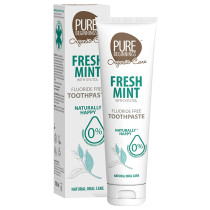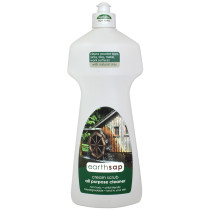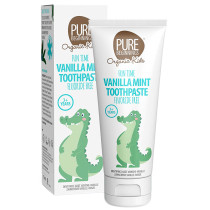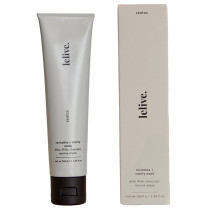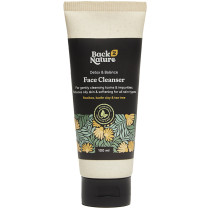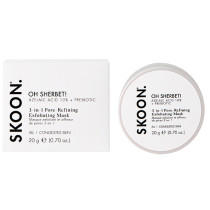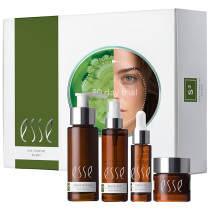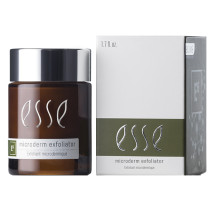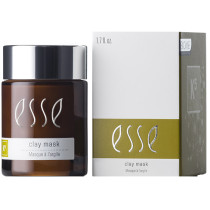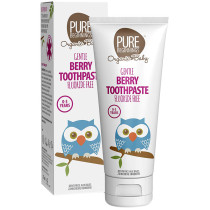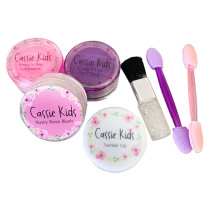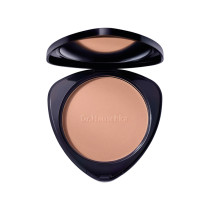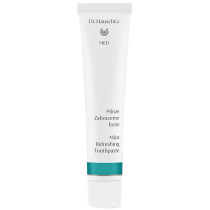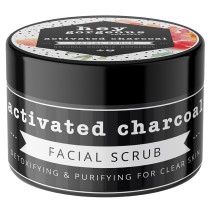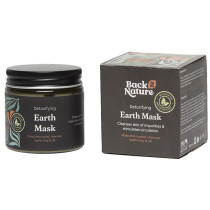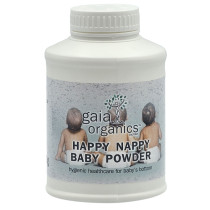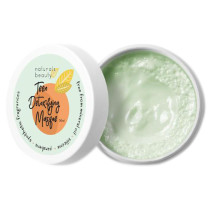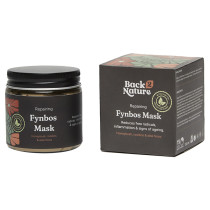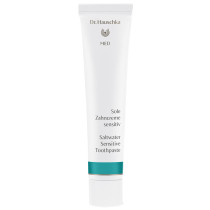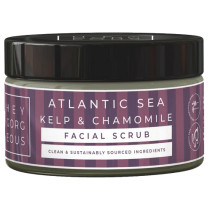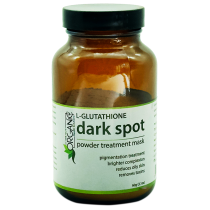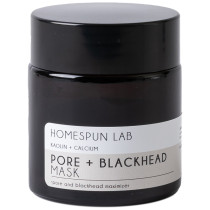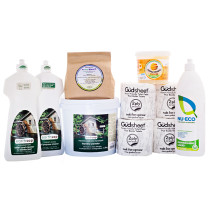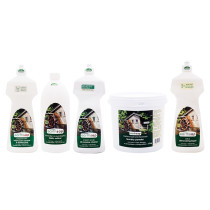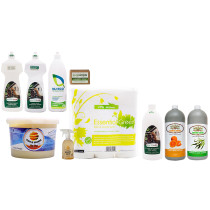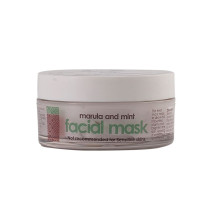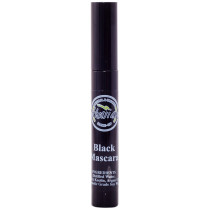Kaolin clay
Clay Mineral
Kaolin clay
Other Name(s):
Kaolite; CAS# 1332-58-7

Kaolin Clay is a naturally occurring mineral formed by the weathering of aluminosilicate minerals like feldspar.
Is Kaolin clay Faithful to Nature?
Yes.
Kaolin Clay is a natural ingredient with an ancient history of use. It has many beneficial uses and can be mined, manufactured and refined responsibly with minimal environmental impact.
Benefits: Why is Kaolin clay Used?
Absorbs Oil
Kaolin Clay absorbs (mild) excess oil from the skin, hair & scalp.
Gently Exfoliates
Kaolin Clay gently exfoliates the skin for a more radiant complexion.
Teeth Cleanser
Kaolin Clay is used in some oral products as a cleaning agent.
Natural Deodorants
Kaolin clay is used in some deodorants due to its ability to absorb oil and neutralise odours.
Kaolin Clay can be found as a single ingredient product for household use, but is also used by formulators in clay face masks, facial exfoliators, lipsticks, eyeshadows and many other makeup powders. It can also be found in dry shampoos.
Kaolin Clay can be made using purely mechanical processes without the use of any chemical reagents. It’s first collected by miners, broken into smaller pieces and then dissolved into water and sieved to separate the desired fine particle of kaolin. The larger pieces are then broken down again, limiting waste. Sometimes, the presence of iron oxides in the mineral deposits can stain the clay shades of yellow, brown and red. In these cases, the clay may be blanched using oxide bleaches. Other processes include slurry collection beds and low energy evaporation chambers that are able to recapture almost all of the water used.
In 2007, South Africa produced around 51 thousand tons of kaolin. This gives her the rank of no. 31 on this list of world’s largest producers. Rank no. 1 belongs to the United States of America with an enormous 7.1 million tons.
The size of kaolin clay dust particles ranges from <2 microns all the way up to a few millimeters. If you’re handling kaolin clay as a single ingredient without any added water, it's important to do so carefully, in a well ventilated area.
Environmental research shows that kaolinite is a sustainable and carbon-neutral method of cleaning up mercury pollution.
Notice: The information provided here is not intended as medical advice and is for educational purposes only.


